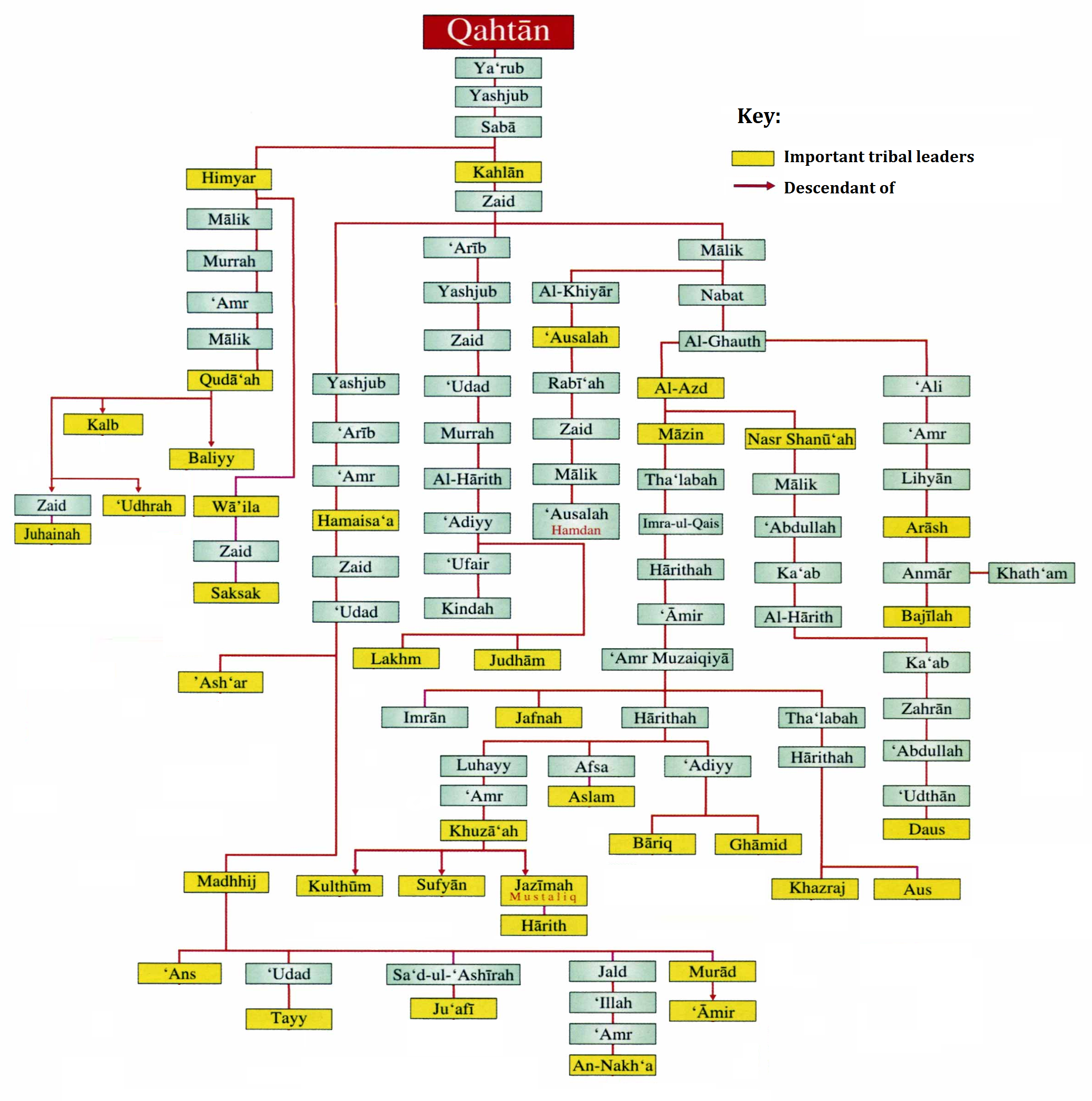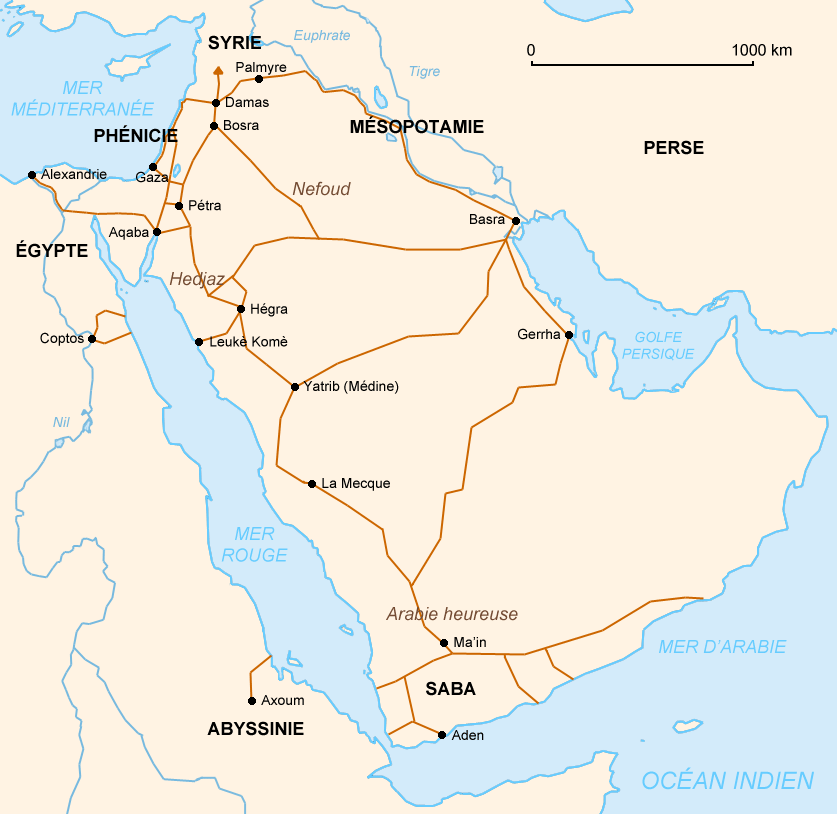|
Arab Socialist Action Party – Lebanon
The Arab Socialist Action Party – Lebanon or ASAP–L ( ar, حزب العمل الاشتراكي العربي - لبنان , ''Hizb al-'Amal al-Ishtiraki al-'Arabi - Lubnan''), is the Lebanese branch of the of the Arab Socialist Action Party. The party is the Lebanese equivalent of the Popular Front for the Liberation of Palestine (PFLP). Origins The party was founded by George Habash in 1969 and was closely linked to the PFLP, which Habash also led. The party held its first congress in 1972, during which it distanced itself from other communists by advocating violence as the best means by which to end class conflict. Although a secular group, most of the party's membership came from the Shia Muslim community. The ASAP–L in the Lebanese Civil War The ASAP–L was a member of the Lebanese National Resistance Front during the Lebanese Civil War. In 1976, the party confiscated the estates of the Shia za'im Kazem al-Khalil at a village near Tyre. The purpose of the confisca ... [...More Info...] [...Related Items...] OR: [Wikipedia] [Google] [Baidu] |
George Habash
George Habash ( ar, جورج حبش, Jūrj Ḥabash), also known by his laqab "al-Hakim" ( ar, الحكيم, al-Ḥakīm, "the wise one" or "the doctor"; 2 August 1926 – 26 January 2008) was a Palestinian Christian politician who founded the Marxist–Leninist Popular Front for the Liberation of Palestine (PFLP). Habash served as General Secretary of the PFLP until 2000, when ill health forced him to resign. Early life Habash was born in Lydda (today's Lod) to a Greek Orthodox Christian Palestinian family in 1926. As a child, he sang in the church choir. Habash, a medical student at the American University of Beirut, was visiting his family during the 1948 Arab–Israeli war. In July 1948, the Israeli Defence Force captured Lydda from Jordanian and Arab Liberation Army forces, resulting in all of the town's Arab residents leaving and the death of Habash's sister. Habash and his remaining family became refugees and were not allowed to return home. Political thinkers who we ... [...More Info...] [...Related Items...] OR: [Wikipedia] [Google] [Baidu] |
Communist Action Organization In Lebanon
The Communist Action Organization in Lebanon – CAOL ( ar, منظمة العمل الشيوعي في لبنان , ''munaẓẓamah al-‘amal al-shuyū‘ī fī lubnān''), also known as Organization of Communist Action in Lebanon (OCAL) or Organisation de l'Action Communiste du Liban (OACL) in French, is Marxist-Leninist political party and former militia in Lebanon. Membership The OACL was one of Lebanon's few multi-sectarian parties, with Christian, Muslim and Druze members, but its main support base lay on the Shi'a Muslim community. OACL played a major role in the political radicalization of the Shi'a community during the 1970s.Israel in Lebanon, 1975-82, James A. Reilly, MERIP Reports, No. 108/109, The Lebanon War (Sep. - Oct., 1982), pp. 14-20 In the 1980s, it had a membership of about 2,000. History of the OACL Merger and foundation of OACL The OACL was formed around 1970 through the merger of the Organization of Lebanese Socialists and Socialist Lebanon. The ... [...More Info...] [...Related Items...] OR: [Wikipedia] [Google] [Baidu] |
Political Parties With Year Of Disestablishment Missing
Politics (from , ) is the set of activities that are associated with making decisions in groups, or other forms of power relations among individuals, such as the distribution of resources or status. The branch of social science that studies politics and government is referred to as political science. It may be used positively in the context of a "political solution" which is compromising and nonviolent, or descriptively as "the art or science of government", but also often carries a negative connotation.. The concept has been defined in various ways, and different approaches have fundamentally differing views on whether it should be used extensively or limitedly, empirically or normatively, and on whether conflict or co-operation is more essential to it. A variety of methods are deployed in politics, which include promoting one's own political views among people, negotiation with other political subjects, making laws, and exercising internal and external force, including ... [...More Info...] [...Related Items...] OR: [Wikipedia] [Google] [Baidu] |
Political Parties Established In 1969
Politics (from , ) is the set of activities that are associated with making decisions in groups, or other forms of power relations among individuals, such as the distribution of resources or status. The branch of social science that studies politics and government is referred to as political science. It may be used positively in the context of a "political solution" which is compromising and nonviolent, or descriptively as "the art or science of government", but also often carries a negative connotation.. The concept has been defined in various ways, and different approaches have fundamentally differing views on whether it should be used extensively or limitedly, empirically or normatively, and on whether conflict or co-operation is more essential to it. A variety of methods are deployed in politics, which include promoting one's own political views among people, negotiation with other political subjects, making laws, and exercising internal and external force, including wa ... [...More Info...] [...Related Items...] OR: [Wikipedia] [Google] [Baidu] |
Pan-Arabist Political Parties
Pan-Arabism ( ar, الوحدة العربية or ) is an ideology that espouses the unification of the countries of North Africa and Western Asia from the Atlantic Ocean to the Arabian Sea, which is referred to as the Arab world. It is closely connected to Arab nationalism, which asserts the view that the Arabs constitute a single nation. Its popularity reached its height during the 1950s and 1960s. Advocates of pan-Arabism have often espoused socialist principles and strongly opposed Western political involvement in the Arab world. It also sought to empower Arab states against outside forces by forming alliances and, to a lesser extent, economic co-operation. Origins and development The origins of pan-Arabism are often attributed to Jurji Zaydan (1861–1914) and his Nahda (Revival) movement. He was one of the first intellectuals to espouse pan-Arabism as a cultural nationalist force. Zaydan had critical influence on acceptance of a modernized version of the Quranic Arabic la ... [...More Info...] [...Related Items...] OR: [Wikipedia] [Google] [Baidu] |
Nationalist Parties In Lebanon
Nationalism is an idea and movement that holds that the nation should be congruent with the state. As a movement, nationalism tends to promote the interests of a particular nation (as in a group of people), Smith, Anthony. ''Nationalism: Theory, Ideology, History''. Polity, 2010. pp. 9, 25–30; especially with the aim of gaining and maintaining the nation's sovereignty (self-governance) over its homeland to create a nation-state. Nationalism holds that each nation should govern itself, free from outside interference (self-determination), that a nation is a natural and ideal basis for a polity, and that the nation is the only rightful source of political power. It further aims to build and maintain a single national identity, based on a combination of shared social characteristics such as culture, ethnicity, geographic location, language, politics (or the government), religion, traditions and belief in a shared singular history, and to promote national unity or solidarity. Na ... [...More Info...] [...Related Items...] OR: [Wikipedia] [Google] [Baidu] |
Marxist Parties In Lebanon
Marxism is a left-wing to far-left method of socioeconomic analysis that uses a materialist interpretation of historical development, better known as historical materialism, to understand class relations and social conflict and a dialectical perspective to view social transformation. It originates from the works of 19th-century German philosophers Karl Marx and Friedrich Engels. As Marxism has developed over time into various branches and schools of thought, no single, definitive Marxist theory exists. In addition to the schools of thought which emphasize or modify elements of classical Marxism, various Marxian concepts have been incorporated and adapted into a diverse array of social theories leading to widely varying conclusions. Alongside Marx's critique of political economy, the defining characteristics of Marxism have often been described using the terms dialectical materialism and historical materialism, though these terms were coined after Marx's death and their te ... [...More Info...] [...Related Items...] OR: [Wikipedia] [Google] [Baidu] |
Factions In The Lebanese Civil War
Faction or factionalism may refer to: Politics * Political faction, a group of people with a common political purpose * Free and Independent Faction, a Romanian political party * Faction (''Planescape''), a political faction in the game ''Planescape'' Music * The Faction, a Californian punk rock band * Faction Punk, a music channel on Sirius Satellite Radio Game * Guild Wars Factions, a 2006 computer game developed by ArenaNet * Red Faction, a video game franchise developed by THQ * Video-gaming clan, a association of players of multiplayer games Other * Faction (literature), a type of historical novel based on fact * Factions (''Divergent'') * Faction fighting, an English term for Irish mass stick fights, see ''Bataireacht In Irish martial arts, (; meaning 'stick-fighting') (also called ''boiscín'' and ''ag imirt na maidí'' ) refers to the various forms of stick-fighting from Ireland. Definition ''Bataireacht'' is a category of stick-fighting martial arts o ...'' ... [...More Info...] [...Related Items...] OR: [Wikipedia] [Google] [Baidu] |
Arab Nationalist Political Parties
The Arabs (singular: Arab; singular ar, عَرَبِيٌّ, DIN 31635: , , plural ar, عَرَب, DIN 31635: , Arabic pronunciation: ), also known as the Arab people, are an ethnic group mainly inhabiting the Arab world in Western Asia, North Africa, the Horn of Africa, and the western Indian Ocean islands (including the Comoros). An Arab diaspora is also present around the world in significant numbers, most notably in the Americas, Western Europe, Turkey, Indonesia, and Iran. In modern usage, the term "Arab" tends to refer to those who both carry that ethnic identity and speak Arabic as their native language. This contrasts with the narrower traditional definition, which refers to the descendants of the tribes of Arabia. The religion of Islam was developed in Arabia, and Classical Arabic serves as the language of Islamic literature. 93 percent of Arabs are Muslims (the remainder consisted mostly of Arab Christians), while Arab Muslims are only 20 percent of the global Musl ... [...More Info...] [...Related Items...] OR: [Wikipedia] [Google] [Baidu] |
Arab Nationalist Movement Breakaway Groups
The Arabs (singular: Arab; singular ar, عَرَبِيٌّ, DIN 31635: , , plural ar, عَرَب, DIN 31635: , Arabic pronunciation: ), also known as the Arab people, are an ethnic group mainly inhabiting the Arab world in Western Asia, North Africa, the Horn of Africa, and the western Indian Ocean islands (including the Comoros). An Arab diaspora is also present around the world in significant numbers, most notably in the Americas, Western Europe, Turkey, Indonesia, and Iran. In modern usage, the term "Arab" tends to refer to those who both carry that ethnic identity and speak Arabic as their native language. This contrasts with the narrower traditional definition, which refers to the descendants of the tribes of Arabia. The religion of Islam was developed in Arabia, and Classical Arabic serves as the language of Islamic literature. 93 percent of Arabs are Muslims (the remainder consisted mostly of Arab Christians), while Arab Muslims are only 20 percent of the global Musl ... [...More Info...] [...Related Items...] OR: [Wikipedia] [Google] [Baidu] |
Arab Nationalist Militant Groups
The Arabs (singular: Arab; singular ar, عَرَبِيٌّ, DIN 31635: , , plural ar, عَرَب, DIN 31635: , Arabic pronunciation: ), also known as the Arab people, are an ethnic group mainly inhabiting the Arab world in Western Asia, North Africa, the Horn of Africa, and the western Indian Ocean islands (including the Comoros). An Arab diaspora is also present around the world in significant numbers, most notably in the Americas, Western Europe, Turkey, Indonesia, and Iran. In modern usage, the term "Arab" tends to refer to those who both carry that ethnic identity and speak Arabic as their native language. This contrasts with the narrower traditional definition, which refers to the descendants of the tribes of Arabia. The religion of Islam was developed in Arabia, and Classical Arabic serves as the language of Islamic literature. 93 percent of Arabs are Muslims (the remainder consisted mostly of Arab Christians), while Arab Muslims are only 20 percent of the glob ... [...More Info...] [...Related Items...] OR: [Wikipedia] [Google] [Baidu] |
Arab Nationalism In Lebanon
The Arabs (singular: Arab; singular ar, عَرَبِيٌّ, DIN 31635: , , plural ar, عَرَب, DIN 31635: , Arabic pronunciation: ), also known as the Arab people, are an ethnic group mainly inhabiting the Arab world in Western Asia, North Africa, the Horn of Africa, and the western Indian Ocean islands (including the Comoros). An Arab diaspora is also present around the world in significant numbers, most notably in the Americas, Western Europe, Turkey, Indonesia, and Iran. In modern usage, the term "Arab" tends to refer to those who both carry that ethnic identity and speak Arabic as their native language. This contrasts with the narrower traditional definition, which refers to the descendants of the tribes of Arabia. The religion of Islam was developed in Arabia, and Classical Arabic serves as the language of Islamic literature. 93 percent of Arabs are Muslims (the remainder consisted mostly of Arab Christians), while Arab Muslims are only 20 percent of the global Musl ... [...More Info...] [...Related Items...] OR: [Wikipedia] [Google] [Baidu] |







